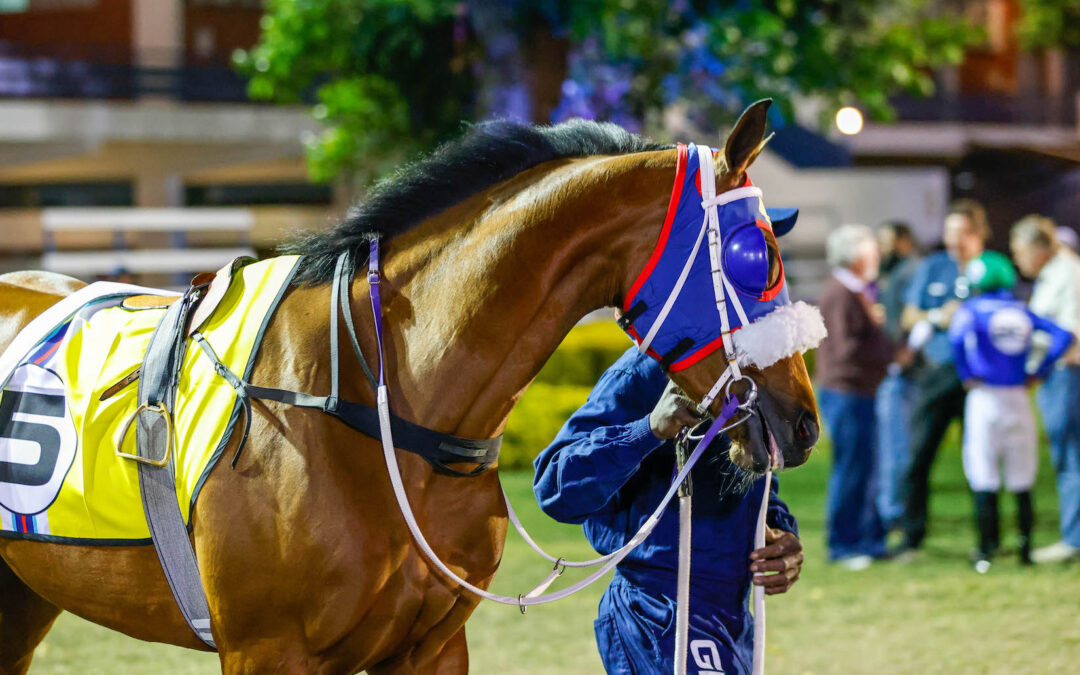If horse racing’s diminishing fan base constituted a political party, we’d probably be in Parliament right now, cosying up in meaningless conversations to the best of them. Perhaps we’d be trying to form coalitions to survive. We won’t make much progress, however. We’ll become insignificant and gradually fade from the scene.
We, the die-hards of the Noble Sport, are astute at identifying problems and announcing a dire need for change and innovation. Superb, too, at cheerleading from the rooftops of luxury conference centres about the necessity for driving rapid and purposeful changes.
And then, nothing happens.
Lip service comes into play. We nod in agreement, discuss the future of racing with other worried fanatics, write letters to the media and wholeheartedly call for something drastic to be done. More meetings are convened, followed by the doing of, well, not much at all. We are too spellbound by the next major horse race and the fanfare around it and comforted by reassuring accounts of racing’s traditional resilience. There is always a lifeline, right? We’ll be okay, don’t worry!
But all is not well. Here’s a quote worth reading a few times. Please do so.
It comes from business philosopher Peter Drucker, who stated: “The greatest danger in times of turbulence is not the turbulence; it is to act with yesterday’s logic.”
Spare just a moment to think about that.
Overall, innovation in horse racing is essential, now more than ever before, for ensuring not only the safety and integrity of the sport, but for attracting new fans and customers, enhancing the viewing experience, and driving progress and improvement. As with any industry, innovation is necessary for growth and continued relevance in an ever-changing world.
When Global Team Horseracing (GTH) introduced its Live Series concept to South Africa and the world last year, a good proportion of those who have been advocating change and innovation, resisted the thought of team-based racing within short intervals, whip-less contests between colourful teams, and a move away from marketing models with gambling for profits as central themes.
With its first series completed, and triumphantly celebrated with a major Sports Award for its effort, GTH proved that South African racing is indeed receptive to new ideas. There remains, however, a measure of resistance among the racing purists who believe that their daily dose of racing and armchair punting on local races are all but guaranteed because the vested interests from multi-billionaires will keep the ship afloat forever. Why change anything?
The answer is simple. If racing is to remain relevant and competitive in a modern, fast-changing world, no amounts of money spent on traditional thinking will reverse the sport’s declining supporter numbers.
We, all of us who adore the sport of thoroughbred racing, can no longer afford to pay lip service to the concept of radical change. We must embrace it with action!

